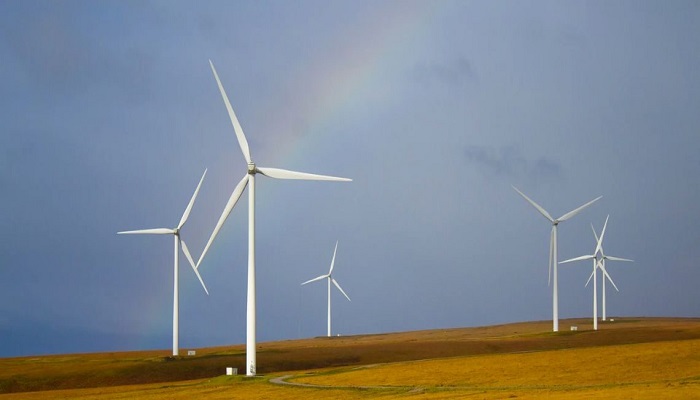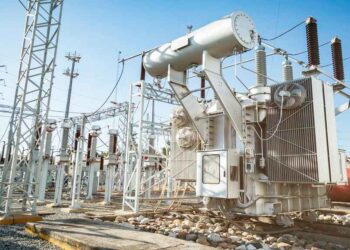On December 24, an agreement was reached between Azerbaijan, Georgia, Romania, and Hungary to supply electricity produced by wind farms Azerbaijan intends to develop in the Caspian Sea to Europe.
The EU is supporting a plan to carry clean energy to Romania and Hungary under the Black Sea through a 1,100-kilometer cable. Georgia is Azerbaijan’s western neighbour on the Caucasus Peninsula.
Following Russian President Vladimir Putin’s invasion of Ukraine, the European Union is undertaking this endeavour to find alternatives to Russian energy.
According to Reuters, the European Commission had set aside €2.3 billion to help the cable project, whose construction would take several years. Peter Szijjarto, the foreign minister of Hungary, said as much.
By the end of 2023, he promised, a feasibility analysis would be finished.
At the agreement signing in Bucharest, Romania, European Commission President Ursula von der Leyen remarked that since the start of Russia’s war, they have chosen to turn their back on Russian fossil fuels and to diversify towards stable energy allies, like the collaborators around the table. She continued by saying that the plan might integrate Georgia into the EU internal electricity market and transform it into an electrical hub.
They definitely need improved power linkages if they want to incorporate a growing portion of renewable energy. The Black Sea energy cable between Romania, Georgia, and Azerbaijan is crucial for this reason, according to von der Leyen.
Although she did not provide an amount of income, she did state that the EU would be ready to fund the project pending the findings of the feasibility analysis.





































